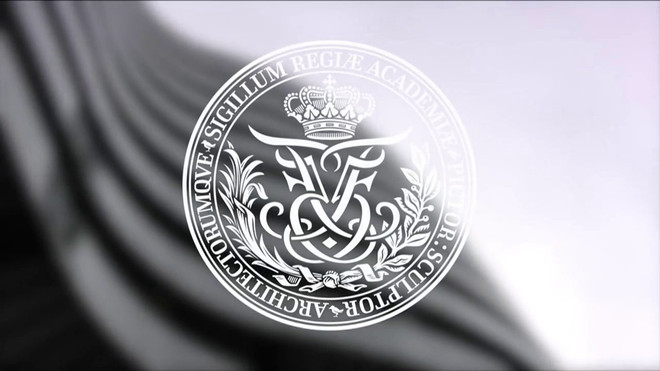CIRRUS EXPRESS COURSE
Title of course: Stories of our clothes (textile workshop)
Teaching period: 20.01.2020.-24.01.2020.
Teacher: Annika Kiidron
ECTS: 1.5
Number of available places for CIRRUS students: 2
Level: BA / MA
Venue: Art Academy of Latvia / Kalpaka bulvaris 13, Riga, LV-1050, Latvia
Language: English
Application deadline: January 10, 2020
How to apply: Send a short motivation and some photos of your art works (could be portfolio, electronic version or web link) to the e-mail address: krista.balode@lma.lv
with subject title: Cirrus Stories of our clothes
Decisions: announced by January 14, 2020
Grant available per student: 330Eur travel (Iceland 660Eur) + 70Eur weekly
NB! Students need to bring their own laptops.
Requirements: Basic knowledge of Adobe Photoshop, Illustrator and textile techniques is needed.
Course description:
Stories of our clothes. Unconventional digital surface design for fashion items.
Through the decades the clothing have carried secret messages. The pattern, colour, form and texture of the clothing – they all have had a very special tale to tell in our history.
You could easily tell a story of a person just by seeing their atttire, village of origin, marriage status etc, it all was coded into clothes. Surface design and patterns of the clothing held protective patterns and secret codes from our ancestors – they belived to bring safety, good health, peace of mind and prosperity. That was one of the reasons clothes were worn until they fell apart – because they were unique personal storytellers.
Nowadays when the fast fashion rules the world, we have almost lost our personal identity in clothing, masses all look alike. But at the same time, new generations, especially gen z are believed to be the most individualised crowd in history.
This course will work with personal stories. How to tell a unconventional visual story in form and surface design, how to emphasize the wearers body with pattern layout.
Now, with the digital revolution, textile surfaces can be manipulated even more, the meaning of the rapport have new dimensions. Textile artist have limitless ways to tell a story by using crossover techniques, digital tools and new technologies. The possibilities are immense.
Additional information:
Teacher Annika Kiidron https://annikakiidron.com/
Shenkar College: Engineering. Design. Art. Israel (Multidisciplinary Design, MA) and Estonian Academy of Arts (Design and Applied Arts, MA, Fashion Design)
Venues of the symposium – Art Academy of Latvia, Riga, city centre (Kalpaka bulvaris 13). Organizers do not offer accommodations; do not hesitate to book your stay in advance.



